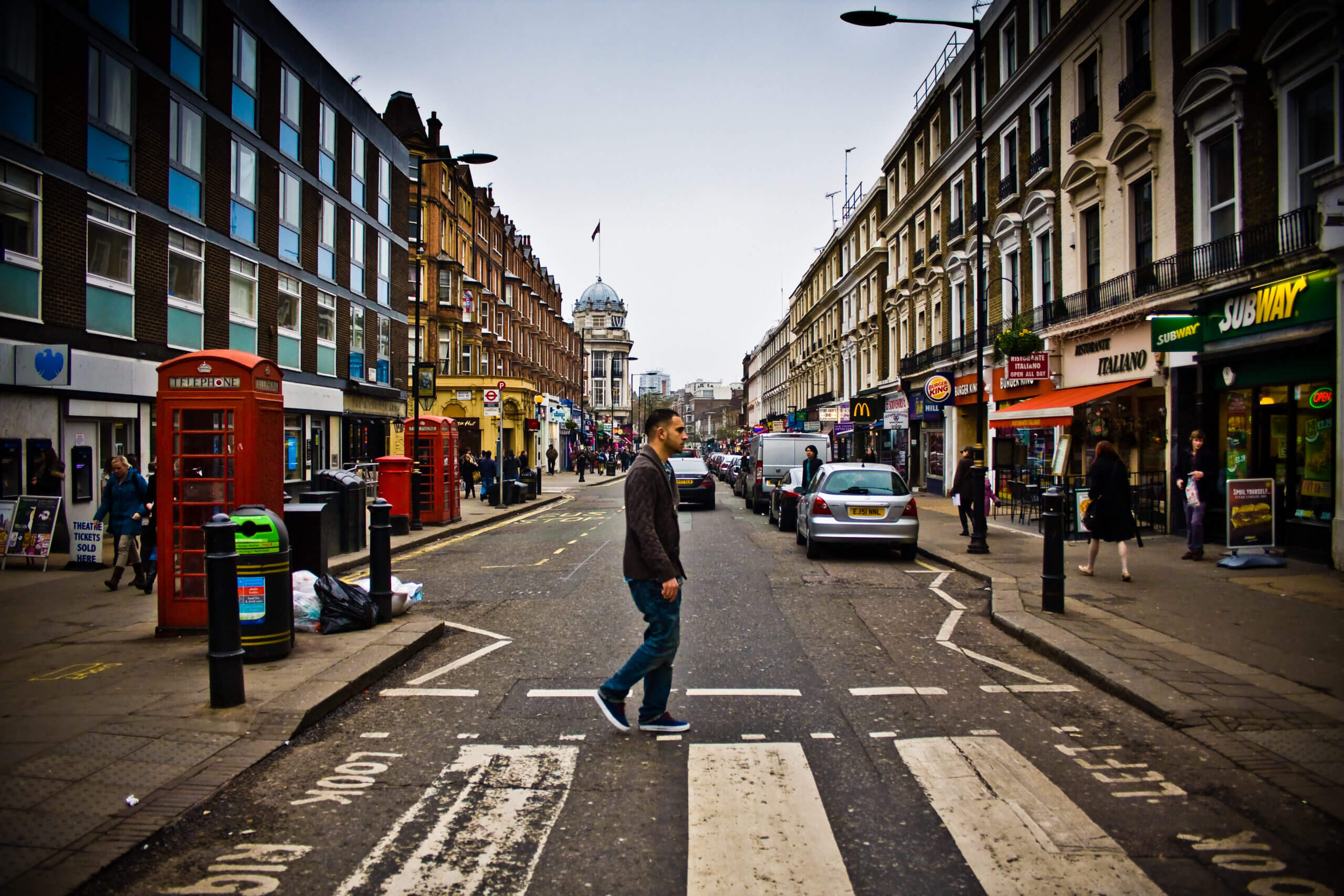In search of humanity
Posted by Luke on the
Filed under religion, spirituality
Having regrettably fallen prey to the allure of dating apps again, I am filled with a renewed sense of sorrow for the sheer number of people who, rather than seeming to express any genuine individual personality, appear to have been stamped out on an assembly-line and ejected from a factory. The most pervasive (although perhaps the most understandable) of these living tropes is the "traveller" persona. For example the prompt on Hinge "What I'm looking for" is more often than not answered with "Someone to travel with". I'm not against travelling, but for large swathes of people in our wealthy, decadent society, travelling, instead of a means of pursuing enriching experience, has become an end in itself. This phenomenon is epitomised by the Contiki tour or in "Cruising".
For modern man, travelling to another country typically offers no transcendent experience beyond drinking, eating, and taking the same photo of the Leaning Tower of Pisa that tens of millions of people have taken before you. This ritual is no different to me than if you just went to a local district themed after your culture of choice, and you ate at a restaurant where they spoke their native tongue to you, and then you step outside and stick your head through a photo stand-in and check off the photo in front of your attraction of choice. The only real difference is some abstract notion that you were in the correct geographic location, therefore you may now tick the country off your list. The article The age of average describes a creeping void of homogeneity using Airbnb and cafe interior design (see fig. 1 below) to illustrate how, all over the world, interior designers have unconsciously agreed upon a globally homogenous style-guide which affords well-to-do individuals the ability to travel to the other side of the world and see nothing new. Sure, you may go to a busy street market in Phnom Penh and see all sorts of people living drastically different lives to you, but at the end of the day you'll retire to a luxurious villa and forget all about the poverty surrounding you.

Evola's Meditations on the Peaks captures this perfectly in the context of mountain climbing which had, in his view, been corrupted and trivialised as simply another vain pursuit of hedonism. "we cannot help but notice the presence among our young people, of love for risk and even of heroism. [...] mountain climbing, when experienced only in keeping with this view, would not be easily distinguished from the pursuit of emotions for their own sake". Evola continues, "This pursuit of radical sensations generates all kinds of extravagant and desperate feats and bold acrobatic activities [...] All things considered, these things do not differ very much from other excitements or drugs, the employment of which suggests the absence rather than the presence of a true sense of personality". To Evola, the spiritual majesty of the mountain from days of antiquity arose from their inaccessibility. Virtually all ancient civilisations situated around mountains saw the mountains as possessing some essence of immortality, as they conceived of the mountain as a separate plane of existence.
Technological advancements that make it easier to summit a mountain cheapen the experience. Now today, when virtually every mountain has been conquered, and we have helicopters and drone footage of the peaks, the mystery has been completely devoured by the machines of modernity. Consider the case of Tabletop Mountain in Toowoomba. In 2017 there was a proposal to build a cable car across from Picnic Point to the mountain. Tabletop Mountain is a tough but manageable climb for your average able-bodied person, but you still have to make a physical commitment to reach the top. Today, you can climb tabletop and find yourself completely alone, slightly closer to God, and able to look across the rolling hills at an ever-widening horizon. By making it accessible to everyone, you inevitably destroy what little mystique remains.
This brings us back to the "traveller" persona. I cannot blame, nor judge these people. After all, what spiritually transcendent activities can your average man really engage in today? The potential for enrichment has been sucked out of virtually every activity, and we are told there is no spiritual aspects to pursue within ourselves. You shouldn't have children because it's unaffordable, or because it's bad for the environment. You shouldn't pursue God, because that's for un-developed Neanderthals who haven't yet heard the gospel of Science. The only option presented to these people to achieve fulfilment is travelling, and it makes sense, because there is still a notion of triumph in travelling. You cross vast oceans in a matter of hours, whereas your ancestors - if they were even able to travel - would be crammed into the hull of a ship for weeks or months just to see one new country. Unfortunately for these people, when they make it overseas, they'll typically find many of the same trappings as they are accustomed to at home (see below for an image of an "English" street vandalised with American fast-food chains). In my own life, the last overseas travel I did was to Cambodia in 2018, and after I went to the Killing Fields and heard the harrowing tale, I returned to my hotel and on the same street was a Burger King and Cold Stone Creamery.

The end result of all of this is the complete commoditisation of spirituality; a sort of drive-thru baptism where people are told that enrichment of the soul is yet another product to be consumed, rather than a lifelong pursuit within yourself. People are sold the idea that to be enriched, all you need to do is buy a ticket to see the sunrise at Angkor Wat and you'll be whole. Given enough time, I believe that even this level of spiritual enrichment is going to be made impossible for the average man (due to climate restrictions and the theft of their discretionary income by central banks) and travel may again be reserved for the social elite. Perhaps then our people will once again begin to look within.
Those who are irresistibly attracted to the mountains have often only experienced in an emotion a greatness that is beyond their understanding. They have not learned to master a new inner state emerging from the deepest recesses of their beings. Thus, they do not know why they seek increasingly wider horizons, freer skies, tougher peaks; or why, from peak to peak, from wall to wall, and from danger to danger, through their experiences they have become inexplicably disillusioned with everything that, in their ordinary lives, appeared to them as most lively, important, and exciting